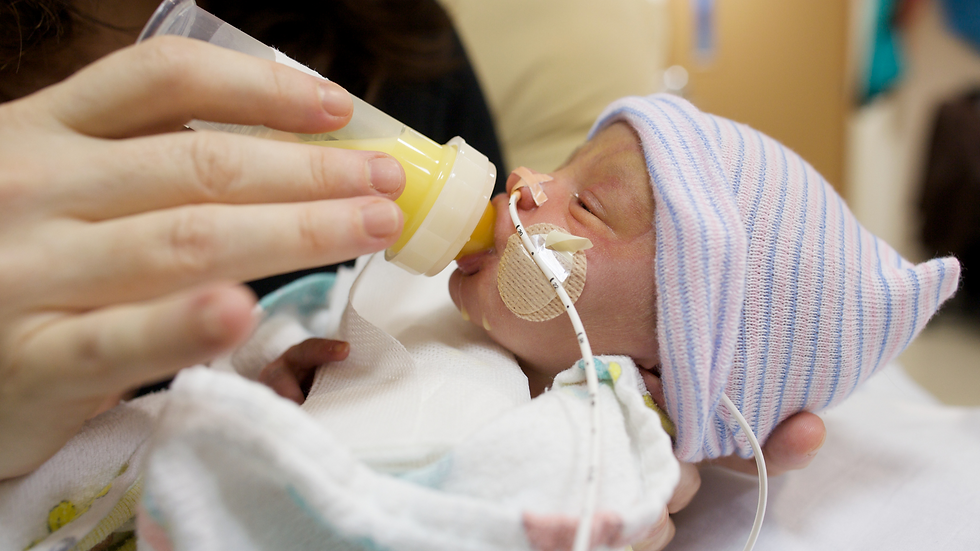Meditation to help with stress
- Aug 14, 2025
- 3 min read

When an infant is in the NICU, stress can feel constant — a mix of fear, uncertainty, exhaustion, and emotional overload.Meditation doesn’t change the medical situation, but it can change how your mind and body respond to it, which makes it a powerful coping tool in this uniquely difficult time.
Here’s how meditation can help:
1. Calms the body’s stress response
The NICU environment often keeps your nervous system in “high alert.” Meditation activates the parasympathetic nervous system — the “rest and digest” mode — lowering heart rate, slowing breathing, and reducing muscle tension.
This can help you feel less physically overwhelmed, even when emotions are intense.
2. Gives your mind a break from constant worry
Your thoughts may loop through “what-ifs” and worst-case scenarios. Meditation teaches you to notice those thoughts without getting pulled into them, giving your brain a moment of rest.
Even short breaks from mental spiraling can restore energy and focus for being present with your baby.
3. Builds emotional resilience
Over time, meditation strengthens parts of the brain involved in emotional regulation (like the prefrontal cortex), so you can better handle unpredictable updates, alarms, or setbacks.
You may find you recover more quickly after moments of fear or sadness.
4. Creates a sense of control in an uncontrollable situation
In the NICU, so much is out of your hands. Meditation can give you one thing you can control — your breath, your focus, and your inner state.
That small sense of agency can make the environment feel less overwhelming.
5. Can be done anywhere — even at the bedside
You don’t need a quiet room or a long time.
A few slow, mindful breaths while holding your baby’s hand, or silently repeating a calming phrase (“We are here together”) while watching the monitor, can be a form of meditation.
Here’s a 5-minute NICU-friendly meditation you can do while sitting or standing at your baby’s bedside. It’s designed so you don’t need to close your eyes, move away, or wear headphones — you can stay connected to your baby the whole time.
🌿 NICU Bedside Grounding Meditation (5 minutes)
Settle into the moment (30 seconds)
Place your feet firmly on the ground.
If possible, rest one hand on your baby or the incubator.
Take one slow, deep breath in through your nose… and a long breath out through your mouth.
Notice your senses (1 minute)
Without judging, notice what you can see — your baby’s tiny features, the gentle rise and fall of their chest, the soft light around you.
Notice what you can hear — beeps, whooshes, voices — and simply let those sounds be part of the background.
Notice what you can feel — the warmth (or coolness) of your hand, the floor under your feet, the texture of your clothing.
Anchor in your breath (2 minutes)
Gently bring your focus to your breath.
Inhale to a slow count of 4… hold for 1… exhale for 6.
Imagine your exhale sending calm into your body — and if you’re touching your baby, imagine that calm extending to them.
If your mind wanders, kindly guide it back to your next breath.
Soothing phrase (1 minute)
Silently repeat a phrase with each breath, like:
“We are here together.”
“I am breathing in calm, breathing out love.”
“In this moment, we are safe.”
Let the words match the rhythm of your breathing.
Close with gratitude (30 seconds)
Take one last deep breath.
Thank yourself for taking these moments to be present, and silently send love to your baby.
Open your awareness back to the room, carrying the calm with you.



